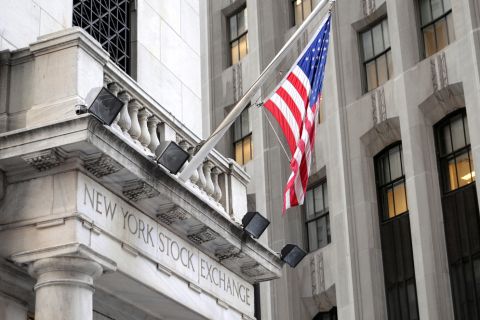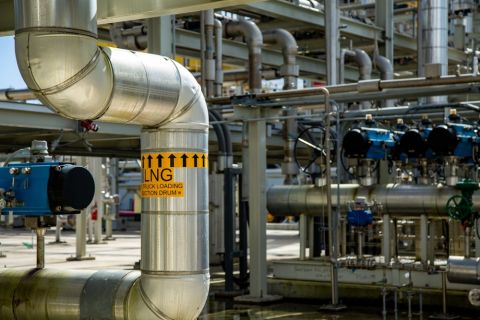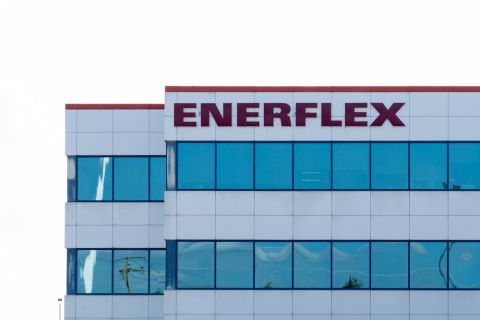Have oil companies become more cautious since September 11? ChevronTexaco Corp. vice chairman Peter J. Robertson says the terrorist attacks may have made energy companies more cautious, in some cases, but the fact remains that risk is a part of the business. "If that were the case, then our greatest new risk could be failing to take the old risks essential to earning the rewards of our business and supplying our customers," he said. "Risks like doing major capital projects in unsettled regions and within complex partnerships, like the Caspian Pipeline Consortium. Risks like investing with countries that need to develop their resources even as they struggle to achieve internal stability." Robertson was among oil executives speaking at the annual Cambridge Energy Research Associates conference in Houston recently. "If we retreat from these calculated risks, we would indeed see a changed world, and probably not a better one," he added. Philip Watts, Royal Dutch/Shell chairman of the managing directors' committee, said, "Energy markets have a good record of keeping supplies flowing." During the Persian Gulf War, 7% of production was removed from the market. Also, Russian gas supplies to Europe were maintained despite all the upheavals following the collapse of the Soviet Union, he notes. Certainly, as the U.S. wages war on terrorism, the energy industry must consider a new set of unknowns in its investment decisions, and the government's policy decisions may attempt to steer that investment in new directions, Robertson added. "[However] capital and companies will want to go where the reserves are." One place with plenty of reserves is Kuwait. From the consumers' point-of-view, Kuwait may appear to be in the driver's seat of supply and demand. But Nader Sultan, deputy chairman and chief executive officer of Kuwait Petroleum Corp., said his country feels plenty of risk as well. For Kuwait, security of demand is just as important as security of supply is to Americans, Sultan said. For Kuwait to invest in its production, it wants to know that its market share won't be taken by other producers or other fuels. Americans' fears about dependence on Middle East oil are unwarranted. "Dependence does not mean vulnerability," Sultan said, via a telecommunications hook-up from Kuwait. "Oil is of little use in the desert. We need to make sure oil flows. We are dependent as well on consumers." For gas, the industry increasingly may look to Mexico, where Pemex wants to take better advantage of its native reserves, said Pemex general director Raul Munoz. Mexico currently allows some private investment in Pemex, but Munoz supports the granting of multiservice contracts for larger projects and for longer periods of time. Investors would build and manage a specific project for a set price under these contracts. "We're having conversations with a number of interested parties," he said. -Jodi Wetuski
Recommended Reading
Battalion in Compliance with NYSE American after 2023 Meeting
2024-02-13 - Previously, Battalion Oil was not in compliance with the NYSE after failing to hold an annual meeting of stockholders during the fiscal year ending Dec. 31.
JMR Services, A-Plus P&A to Merge Companies
2024-03-05 - The combined organization will operate under JMR Services and aims to become the largest pure-play plug and abandonment company in the nation.
New Fortress Energy Sells Two Power Plants to Puerto Rico
2024-03-18 - New Fortress Energy sold two power plants to the Puerto Rico Electric Power Authority to provide cleaner and lower cost energy to the island.
Tellurian Executive Chairman ‘Encouraged’ by Progress
2024-03-18 - Tellurian announced new personnel assignments as the company continues to recover from a turbulent 2023.
Enerflex Appoints Thomas B. Tyree to Board
2024-03-12 - Tyree currently serves on Antero Resources’ board and recently served as chairman of Northwoods Energy LLC in 2023.





